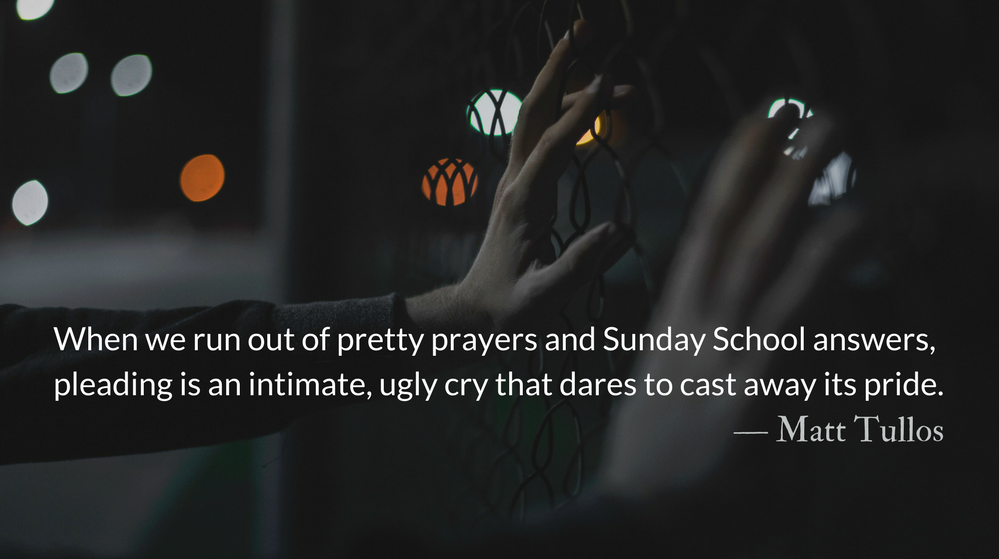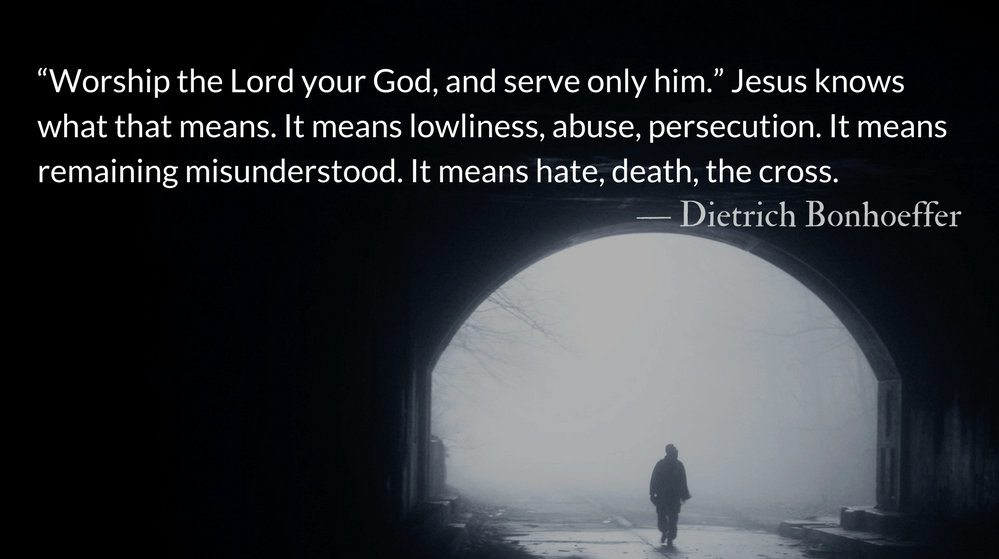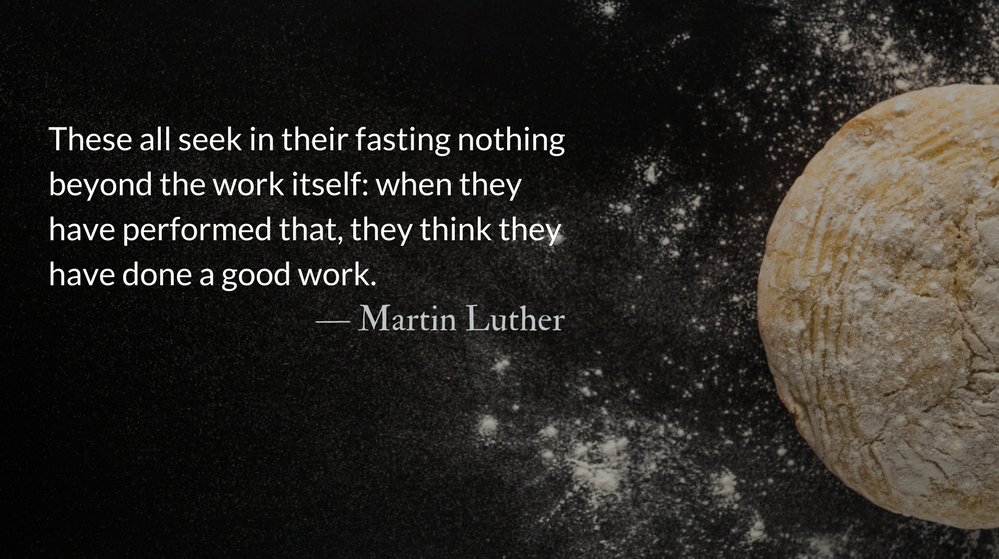Scripture Focus: 2 Corinthians 2.7-8
Now instead, you ought to forgive and comfort him, so that he will not be overwhelmed by excessive sorrow. I urge you, therefore, to reaffirm your love for him.
Reflection: A Christian Response to Offense
By John Tillman
There is nothing in the Christian faith more strangely counter-cultural, and more practically difficult to live out, than how the New Testament instructs us to deal with offenses and with offenders.
In today’s culture, the concept of free-speech has been weighed, it has been tested, and it has been found wanting. Words, ideas, beliefs, and pronouns can all cause great offense in today’s dialogue.
Our culture is unable to bear offense and simultaneously unable to bear forgiveness. A typical response to offenders is to block or unfriend them or to tell them to, “delete your account.” Telling someone to delete their account expresses a belief that the person does not deserve to exist on the same platform, or live in the same world, as the persons he or she offended. It is akin to wishing someone dead.
In response, some grumble about the world being “too sensitive.” These people say we need to “toughen up.” Those who, through ignorance or insensitivity, brandish words that hurt others are like the irresponsible archer of Proverbs, firing flaming arrows as a joke. When we refuse to consider others’ feelings we are burning down the world for our own amusement and ease. “Can’t they take a joke?” is not a biblical defense Christians can lean on.
Christ did not come to make our hearts tough but tender. When Christ instructed us to turn the other cheek to offense, it was not intended as a show of toughness. Christians not only must be considerate in avoiding offense when possible, we uniquely seek to reconcile offenders as we have been reconciled to God.
Paul instructed the Corinthians to “reinstate the account” of the offender. Paul knows what he is talking about and knows the difficulty of what he is asking us to do. Paul was an offender who went beyond unkind words. He constantly breathed out murderous threats and acted on them by falsely imprisoning families and putting Christians to death.
Only through Christ can we bring back into fellowship those who humble themselves regarding their offenses. (Without humility, one cannot be reintegrated.)
May we soften our hearts and our words rather than harden them, avoiding avoidable offense.
May the only offensive words we speak be the “foolish” and offensive message of the gospel.
May we practice responsible restoration as described by Paul*, marked by sorrow, humility, repentance, and reintegration.
*Abusive leaders are disqualified from reinstatement to positional authority, such as being pastors, elders, or deacons. But reintegration into the community, based on humility and repentance is vital.
Divine Hours Prayer: A Reading
Jesus taught us, saying: “Watch yourselves, or your hearts will be coarsened by debauchery and drunkenness and the cares of life, and that day will come upon you unexpectedly, like a trap. For it will come down on all those living on the face of the earth. Stay awake, praying at all times for the strength to survive all that is going to happen, and to hold your ground before the Son of man.” — Luke 21.34-36
– From The Divine Hours: Prayers for Summertime by Phyllis Tickle.
Today’s Readings
2 Samuel 8=9 (Listen – 3:51)
2 Corinthians 2 (Listen – 2:13)
This Weekend’s Readings
2 Samuel 10 (Listen – 3:19), 2 Corinthians 3 (Listen – 2:25)
2 Samuel 11 (Listen – 4:25), 2 Corinthians 4 (Listen – 3:02)
Thank You!
Thank you to our donors who support our readers by making it possible to continue The Park Forum devotionals. This year, The Park Forum audiences opened 200,000 free, and ad-free, devotional content. Follow this link to join our donors with a one-time or a monthly gift.
Read more about Avoiding Avoidable Offense
The gospel is offensive and counter-cultural in its nature, but Paul strives to avoid avoidable offense.
Read more about Crucified, By Nature
It is hard for us to grasp how foolish, offensive and shameful crucifixion was in the ancient world.






